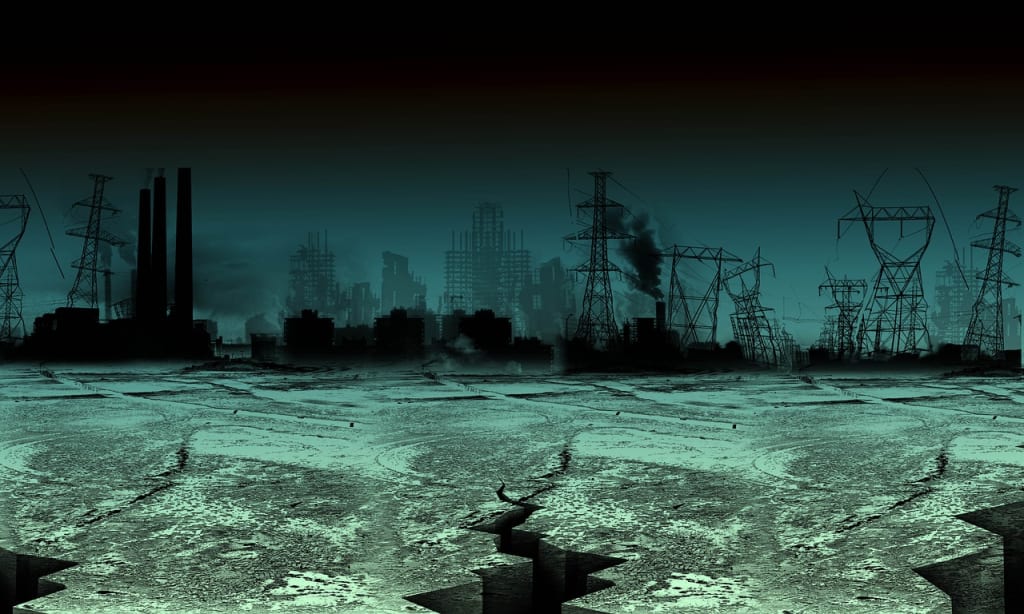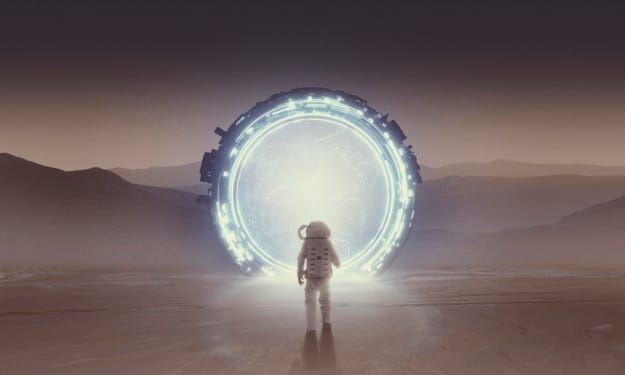The end of human civilization
What will happen to the Earth after humans are gone?

The end of human civilization has long been a topic of speculation and concern. While we may like to believe that our species will endure indefinitely, the reality is that all things must eventually come to an end.
Assuming that humans do eventually disappear from the planet, what would happen to the Earth after we are gone? What would the world look like without the influence of human activity?
The answer to these questions is complex and multifaceted. In the short term, the immediate effects of human disappearance would be profound. Nuclear power plants would eventually fail, leading to radioactive leaks and explosions that could have devastating consequences for the environment and any remaining life on Earth.
As time goes on, however, the Earth would begin to heal itself. Without human interference, ecosystems would gradually restore themselves to their natural balance, and wildlife populations would rebound. The landscapes that were once dominated by cities and suburbs would gradually give way to forests, grasslands, and other natural habitats.
In some cases, the disappearance of humans could actually be beneficial for the planet. For example, the reduction in greenhouse gas emissions would help to slow down climate change and the depletion of the ozone layer. The world's oceans would also become less polluted, as the plastic waste and other pollutants that humans have been dumping into the sea for decades would eventually break down or be absorbed into the environment.
Over time, the traces of human civilization would become increasingly scarce. Buildings, roads, and other structures would begin to crumble and decay, leaving behind only faint traces of their former existence. The only evidence that humans ever existed on the planet would be the artifacts that we have left behind, such as our plastic waste, electronic devices, and other materials that do not break down easily.
The disappearance of humans would also have significant impacts on the planet's biodiversity. In the absence of human activity, many of the world's endangered species would have a better chance of survival, as they would no longer face the threat of habitat loss, hunting, and pollution. However, other species that have adapted to human-dominated landscapes, such as rats and pigeons, could struggle to survive in a world without human activity.
Another possible outcome of the end of human civilization is the emergence of new species. In the past, major events such as mass extinctions have paved the way for the evolution of new forms of life. In a world without humans, it is possible that new species could emerge to fill the ecological niches that we once occupied.
Of course, it is important to remember that the disappearance of humans would not be a positive outcome in and of itself. While the planet would undoubtedly benefit from the reduction in greenhouse gas emissions and pollution, the loss of human life would be a tragedy. The end of human civilization would mean the end of our culture, our history, and our aspirations for the future.
In addition, the aftermath of human disappearance would not be a utopia. The planet would still face many challenges, including natural disasters, disease outbreaks, and other threats to life on Earth. Without human intervention, these challenges could be even more devastating than they are today.
In conclusion, the disappearance of humans from the planet would have significant and far-reaching consequences for the Earth and its inhabitants. While the planet would eventually begin to heal itself and many species would thrive in a world without human activity, the loss of human life would be a tragedy, and the world that would emerge in our absence would not be a utopia. The end of human civilization is not something to be celebrated or wished for, but rather a reminder of the importance of protecting our planet and the diverse forms of life that call it home.
About the Creator
Kanesarajah Panuyan
I'm Panuyan, a university student pursuing a degree in Aquatic resources technology. I'm passionate about technology and its potential to improve people's lives.
Enjoyed the story? Support the Creator.
Subscribe for free to receive all their stories in your feed. You could also pledge your support or give them a one-off tip, letting them know you appreciate their work.






Comments
There are no comments for this story
Be the first to respond and start the conversation.